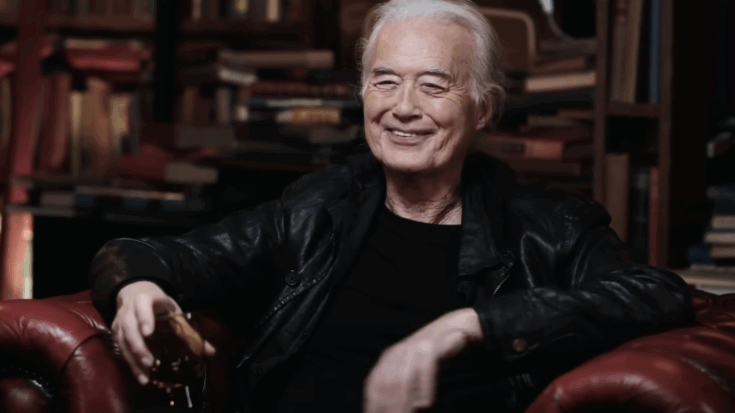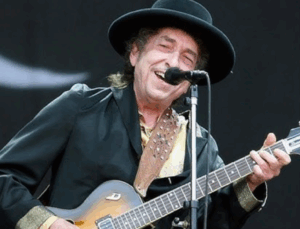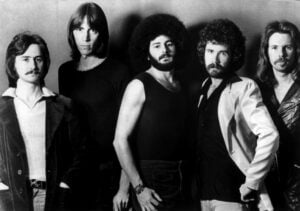The Rare Session Tracks Jimmy Page Felt Proud to Have Played on and Considered Credible

via The Black Crowes / Youtube
Early Signs of Greatness
Jimmy Page’s role in Led Zeppelin was no accident. Alongside Robert Plant, John Paul Jones, and John Bonham, he became part of a lineup that reshaped rock across eight groundbreaking albums. From the beginning, Page’s guitar work stood out, and it was clear his playing gave the group an energy that set them apart. Songs like “Communication Breakdown” and “Dazed and Confused” from their debut album showed the kind of fire the band would carry forward.
Before Zeppelin, Page had already built a reputation as a skilled guitarist. His departure from the Yardbirds was followed closely by those who believed his next move would bring even greater success. That belief proved correct, but his path to Zeppelin was shaped by years of studio work that didn’t always bring him the same satisfaction.
Life as a Session Player
In the 1960s, Page worked as a session guitarist for many artists, playing with PJ Proby, joining Them on the recording of “Gloria,” and appearing on tracks for several well-known names. While this work kept him busy and visible in the industry, it didn’t always feel rewarding. He admitted much of it didn’t reflect his full range or push him creatively.
“I’m sure nobody gives a toss about anyway,” Page once said of his early recordings in an interview with Nick Kent for Creem Magazine in 1974. “The Kinks’ tracks and things like that are a bit more interesting, credibility-wise or whatever. Or the Who’s first single, ‘Can’t Explain,’ that I played rhythm guitar on—actually I wasn’t really needed, but I was fortunate enough to find myself there. Just strengthening up riffs, that’s all, just two guitars doing it instead of one.”
Reflecting on the Work That Mattered
Although he contributed to tracks by both The Kinks and The Who, Page admitted his presence was often unnecessary. He explained that while recording with The Kinks, there were moments when “three guitars [were] playing the same riff,” which limited his role. His playing was mainly intended to give Ray Davies more freedom during the sessions while producer Shel Talmy managed the recordings.
By 1974, with Led Zeppelin already redefining hard rock, Page saw little value in the studio jobs that had once kept him afloat. Still, he singled out a few moments—particularly his involvement with The Who and The Kinks—as rare examples of early work he considered “credible.” For a musician who would soon become one of the most celebrated guitarists in history, those sessions were small but meaningful steps toward finding the space to truly define his sound.














